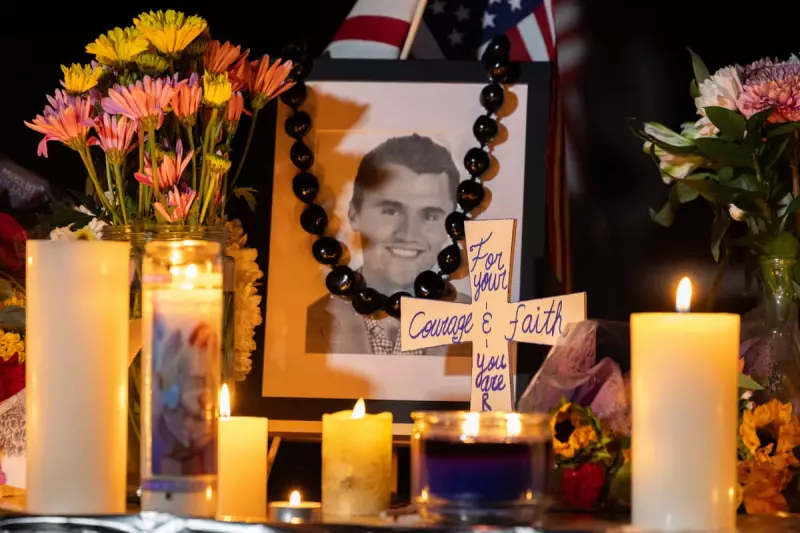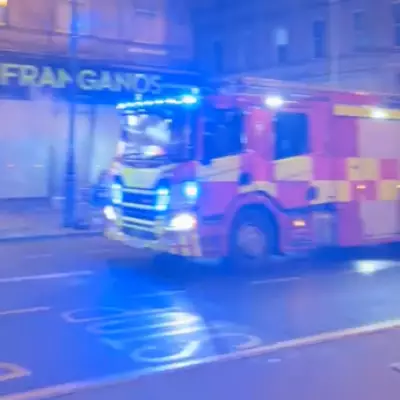
Britain's clandestine network of neo-fascist 'Active Clubs' is facing intense police and public scrutiny following a shocking murder investigation in Westminster, with detectives probing the group's role in radicalising its members.
The victim, a man in his twenties, was found with fatal injuries in the Pimlico area last week. While a suspect has been charged, The Guardian can reveal that the investigation has expanded to examine the influence of the far-right Active Club movement on the individuals involved. Police are specifically analysing whether the group's extremist ideology and combative ethos played a part in the violent altercation.
The Shadowy World of Active Clubs
Active Clubs, a movement that originated in the US, presents a publicly benign face focused on fitness and community. However, anti-fascist researchers and intelligence groups have identified it as a central hub for a new generation of white nationalist extremism. Members often participate in martial arts and strength training, which is believed to be a grooming mechanism to prepare young men for what they perceive as a 'racial struggle'.
Their online presence is meticulously curated, blending motivational content with subtly coded extremist rhetoric. This strategy is designed to bypass content moderation on mainstream platforms and slowly desensitise recruits to more overt hate speech.
The Charlie Kirk Connection
The movement's ties to more mainstream conservative figures have raised alarm bells. Charlie Kirk, the founder of the prominent right-wing student group Turning Point USA, has been a notable figure associated with the movement's influencers. While not directly accused of involvement in the Westminster case, his platforming of figures connected to Active Clubs has drawn criticism for lending legitimacy to a potentially dangerous network.
Kirk's association highlights a worrying blurring of lines between the mainstream right and the more extreme fringes of online neo-fascism, a trend that security experts are monitoring closely.
A Chilling Pattern of Radicalisation
This incident is not viewed in isolation. Security services are increasingly concerned that the fitness-focused, community-oriented facade of groups like Active Clubs serves as a potent radicalisation tool. It provides a sense of belonging and purpose, effectively grooming vulnerable individuals for more extreme action.
The Metropolitan Police's decision to consider the group's influence as a factor in a violent crime marks a significant moment. It suggests a growing official recognition that the ideology propagated by these clubs is not confined to online forums but can have devastating real-world consequences on the streets of Britain.





